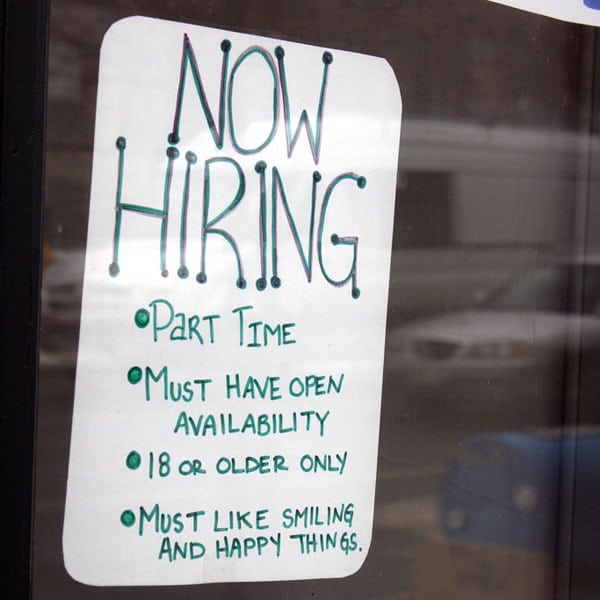
May 30, 2018; Washington Post
As President Obama once said, elections have consequences. An example of this comes from Virginia, whose legislature last week, after being stymied for years, voted to “make government health insurance available to 400,000 low-income residents,” write Laura Vozzella and Gregory S. Schneider in the Washington Post. The reporters add that with this vote, “Virginia will join 32 other states and the District [of Columbia] in expanding Medicaid coverage. The measure is expected to take effect Jan. 1.”
A major cause of Virginia’s change-of-heart was last November’s wave election—some called it a tsunami—which flipped 15 seats in the House of Delegates. Republicans barely held onto their majority by winning a tie vote in one district through a drawing of lots.
At the time, the Democrat who lost the draw, Shelly Symonds, wrote, “It is with great disappointment that I am conceding the election to David Yancey. I just tried to make a personal phone call to him and would like to ask him to vote for Medicaid expansion.” Months later, Yancey honored the Democrat’s request, becoming one of 19 House of Delegate Republicans (out of delegation of 51) to vote in favor of expansion.
In the Senate, the margin was narrower. The measure passed 23 to 17, with four Republicans crossing over to support Medicaid expansion. The compromise bill, championed by Virginia’s Democratic Governor Ralph Northam, includes a provision that compels “able-bodied adults to work, prepare for a job or volunteer to qualify for Medicaid.” This provision, notes Abby Goodnough in the New York Times, “was crucial to getting enough Republicans on board.” Frank Wagner, one of the four Republicans to support the Senate bill, said, “This is not just about helping this group of people…[it is about] helping to bend the cost of health care for every Virginian,” Another Republican backer, Ben Chafin of Russell, Virginia, said, “I came to the conclusion that ‘no’ just wasn’t the answer anymore, that doing nothing about the medical conditions, the state of health care in my district, just wasn’t the answer any longer.”
Sign up for our free newsletters
Subscribe to NPQ's newsletters to have our top stories delivered directly to your inbox.
By signing up, you agree to our privacy policy and terms of use, and to receive messages from NPQ and our partners.
“Under the act,” explain Vozzella and Schneider, “Washington allows states to open their Medicaid rolls to people with incomes up to 138 percent of the federal poverty level, which is $16,643 for an individual. The federal government pledged to pay at least 90 percent of the cost, which in Virginia would amount to about $2 billion a year.” Previously, they add, “Virginia’s existing Medicaid program [was] one of the least generous in the nation. To be eligible, a disabled individual can make no more than $9,700 a year. The cutoff for a family of three is $6,900. Able-bodied, childless adults are not eligible, no matter how poor.”
Under the Affordable Care Act, Vozzella and Schneider add, “Virginia can raise those income limits to $16,750 a year for a disabled person or able-bodied adult, and $28,700 for a family of three.” At present, Medicaid covers 1 million people in Virginia, so 400,000 represents a 40 percent increase. Other states may follow. For instance, a ballot measure to expand Medicaid has already qualified for Utah’s November ballot and a petition drive is under way in Idaho.
Nonprofits in the health industry, of course, will be heavily affected. According to the Associated Press, Linda Wilkinson, CEO of the Virginia Association of Free and Charitable Clinics, says some clinics are considering adopting hybrid models to provide free care and accept Medicaid payments. The Medicaid approval process, she adds, is labor-intensive. “Changing that business model is enormous,” says Wilkinson. Wilkinson adds that demand will likely remain strong for services not covered by Medicaid, such as dental and vision care.
AP also interviewed Teresa Gardner Tyson, executive director of the Health Wagon in far Southwest Virginia. Tyson says that, “Medicaid expansion will help improve her community’s overall health and help her clinic focus more on providing care rather than chasing grant money.” But, she cautions, “There’s never a shortage of people that will not have access to healthcare.”—Steve Dubb













